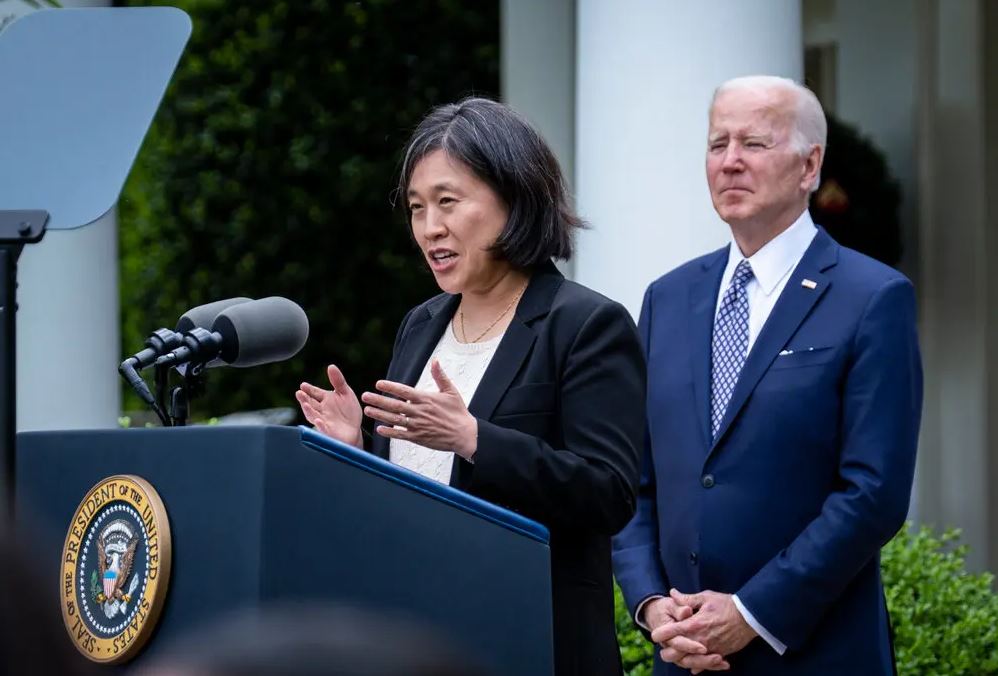An agreement has been reached between the United States and Japan regarding supplies of the critical minerals used in the production of car batteries. This deal will likely put to rest a contentious issue in the relationship with Japan and could serve as a model for the resolution of similar disputes with other trading partners.
The administration of President Joe Biden is at odds not just with Japan but also with the European Union and other allies over the wording of its newly enacted climate legislation. The deal offers a possible way out of this impasse for the Biden administration. The Inflation Reduction Act, which spends $370 billion to transition the United States to cleaner automobiles and energy sources, has offended some of the United States’ friends since they were excluded from the advantages of the act.
Although the scope of the agreement is limited, the United States and its allies have promoted the deal as the beginning of a new framework that they hope to build with like-minded countries in order to develop more stable supply chains for electric vehicles that do not rely as heavily on China. It has been asserted by authorities in the United States that the United States is very susceptible as a result of China’s dominance in the global automotive battery business, including the processing of the minerals that are required to create the batteries. These minerals include lithium, cobalt, and nickel. In addition to making additional commitments, the nations said that they would work towards a more effective use of available resources and have discussions about the process by which they evaluated investments made by outside organisations in the sector.
On Tuesday, the United States Trade Representative, Katherine Tai, and the Japanese Ambassador to the United States, Koji Tomita, were scheduled to sign the deal. Other negotiations for a similar accord are under on between the United States and Europe.
The United States of America has free-trade agreements with twenty different nations, but not with the European Union or Japan. The United States’ international allies have voiced their concern that the law would put their industries at a disadvantage and divert investment away from them.
Nevertheless, since the Inflation Reduction Act does not include a formal definition of what constitutes a “free-trade agreement,” the authorities of the United States have developed what they consider to be a solution for the problem. They are suggesting that nations will be able to satisfy the criterion if they negotiate a trade pact that has less restrictions on it instead. In the latter part of this week, the Treasury Department is anticipated to release a draught regulation that would explain the requirements of the statute.
After their meeting at the beginning of this month, both President Biden and Ursula von der Leyen, the head of the European Commission, indicated that their respective governments were working towards reaching a similar agreement. But, European authorities have indicated that the conclusion of this arrangement may need further time. This is due to the fact that the European Union is required to present such agreements to its member states for approval.
The administration has stated that important members of Congress always intended for American friends to be included in the advantages of the legislation. Nevertheless, some politicians have challenged these arrangements, claiming that the Biden administration is circumventing House’s power over new trade accords.
Senator Ron Wyden of Oregon, the Democratic head of the Senate Finance Committee, said last week when Ms. Tai was testifying before the committee that he believes the executive branch has started to adopt a go-it-alone trade strategy. To his colleagues, he emphasised that it is inadmissible to even suggest that Congress does not have a role in determining U.S. trade policy, since this position is firmly established in the law.

